What role for Thailand in China’s great European EV invasion?
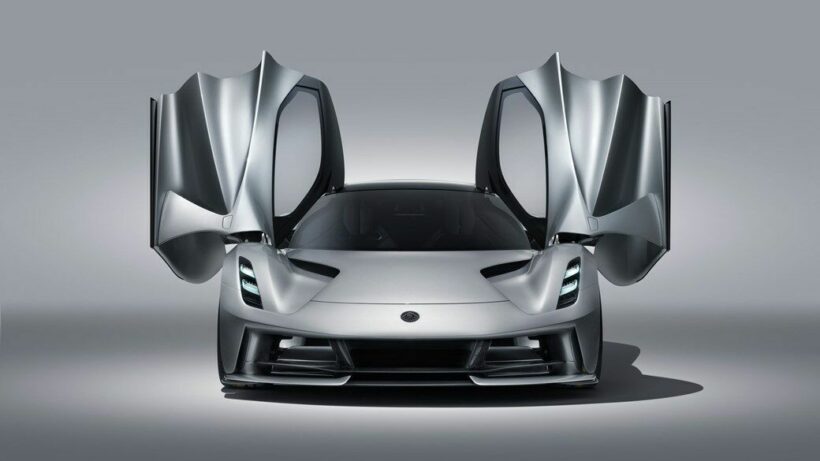
Just over a month ago, China’s top electric vehicle (EV) maker BYD announced its first overseas factory, in Thailand. The company bought 96 hectares at Rayong industrial estate. The factory is expected to start producing in 2024 with an annual production capacity of about 150,000 vehicles. Vehicles made in Thailand will be sold locally as well as exported to neighbouring ASEAN countries and other areas, perhaps Europe.
The news came as BYD goes aggressively global, replacing the website www.byd.com with www.bydglobal.com. BYD is well-known for doing a lot in-house. It makes its batteries, a big advantage given today’s supply chain issues.
On Wednesday, BYD gave long-awaited details of its impending assault on the European market, and prices.
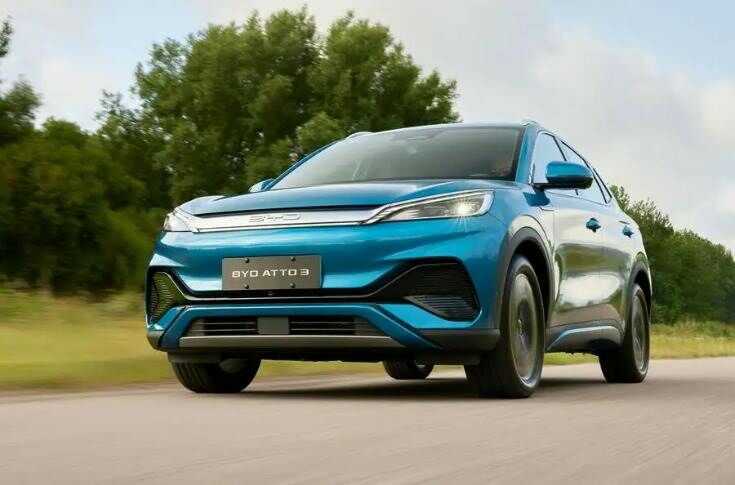
BYDs compact SUV, the Atto 3, will come in at 38,000 euros (1.4 million baht). Highly affordable. BYD also has a luxury sedan and full-size SUV, both much more expensive, starting at more than 70,000 euros (2.6 million baht). All three are 100% battery electric vehicles (BEVs).
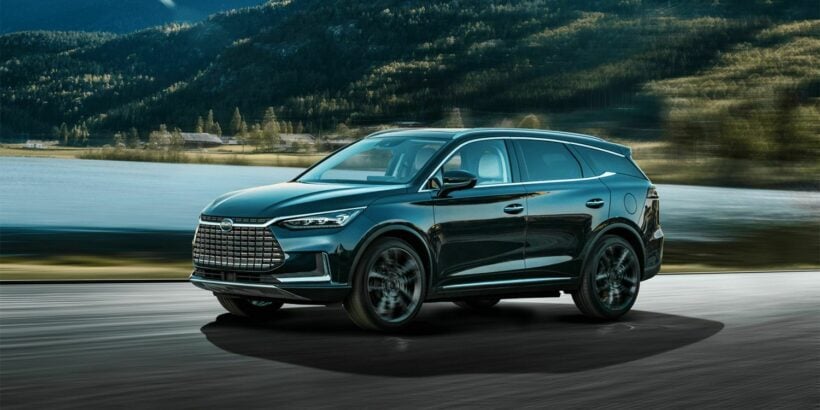
In July, BYD sold just over 4,000 cars overseas rising to over 5,000 in August, mostly in Australia. The Yuan and Tang are the main models sold overseas, while the Qin PLUS DM-I and Song PLUS DM-I went on sale in Colombia in March.
China is already in Europe in Polestar and MG, once European brands now owned by Geely and SAIC. Other brands such as BYD and luxury brand NIO have taken advantage of a friendly environment in Norway as a testing ground.
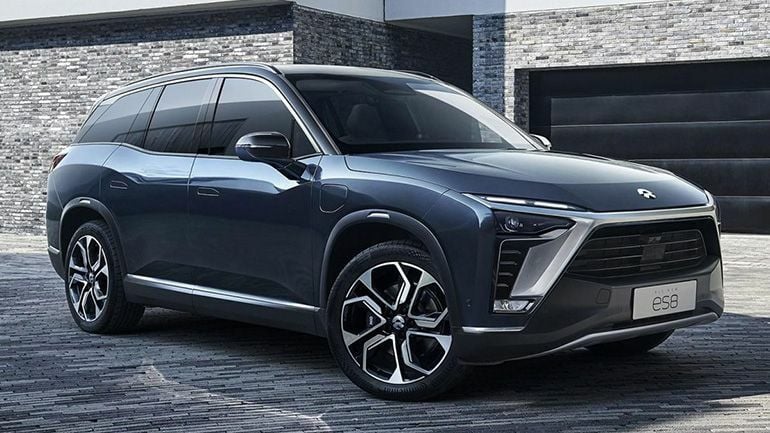
NIO is preparing to invade Denmark, Germany, the Netherlands and Sweden, pushing into the UK and other countries next year.
Vehicles from China pay a 10% duty to the European Union, which matters at the value end of the market. The sight of a number of Chinese brands on European roads could strengthen support for additional barriers. The proposed carbon border adjustment mechanism could bring import levies in line with the EU’s internal tax on carbon emissions. Unlike Norway, other European countries have large vehicle industries to protect.
Chinese brands could respond to protectionist moves by opening manufacturing facilities in Europe, as their Japanese and Korean rivals have done.
For Chinese manufacturers, the US is a hostile environment: President Joe Biden’s Inflation Reduction Act could exclude brands with virtually any Chinese content from EV tax credits.
Such expansion strategies mean many more European consumers and governments are about to see cars that aren’t just made in China by Chinese companies but also explicitly badged as Chinese. Thailand will not get a mention, which might be a bad thing.
SOURCE Bangkok Post
- Win a 3-night beachfront stay at Four Points by Sheraton Phuket by taking a short Thaiger Survey HERE!
Join the conversation and have your say on Thailand news published on The Thaiger.
Thaiger Talk is our new Thaiger Community where you can join the discussion on everything happening in Thailand right now.
Please note that articles are not posted to the forum instantly and can take up to 20 min before being visible. Click for more information and the Thaiger Talk Guidelines.





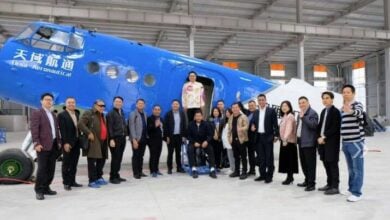

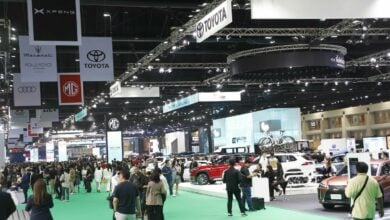
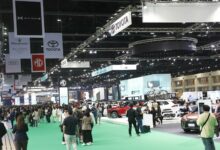

Recent comments: